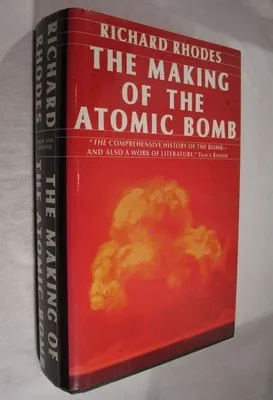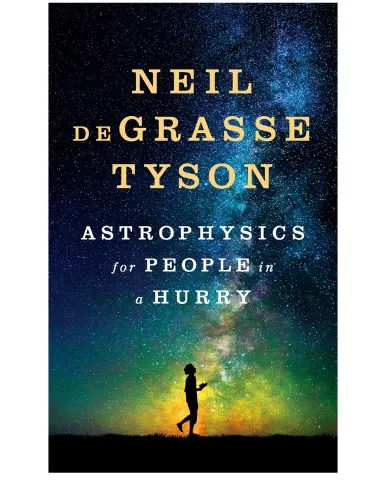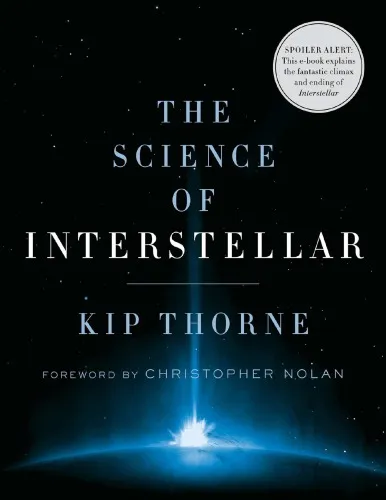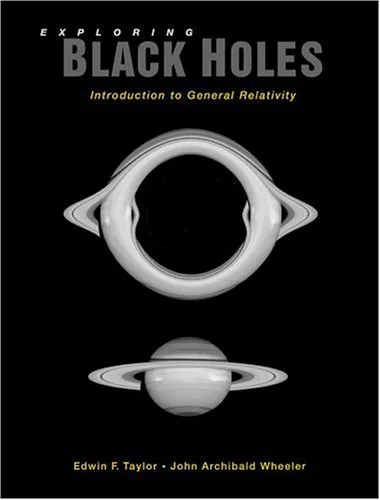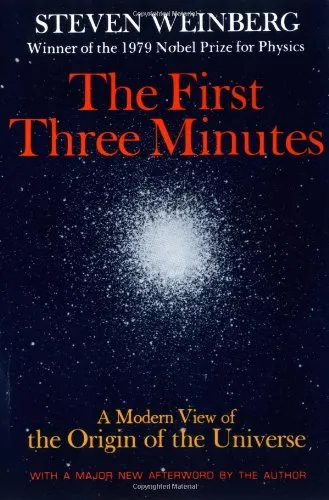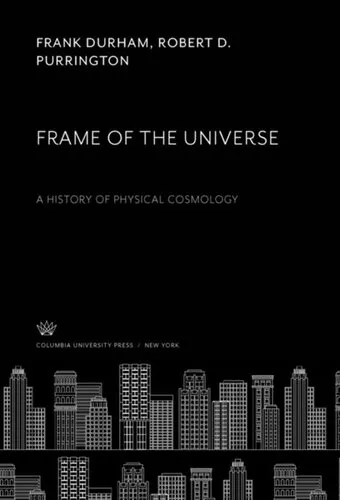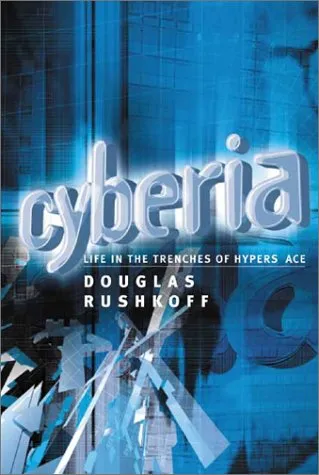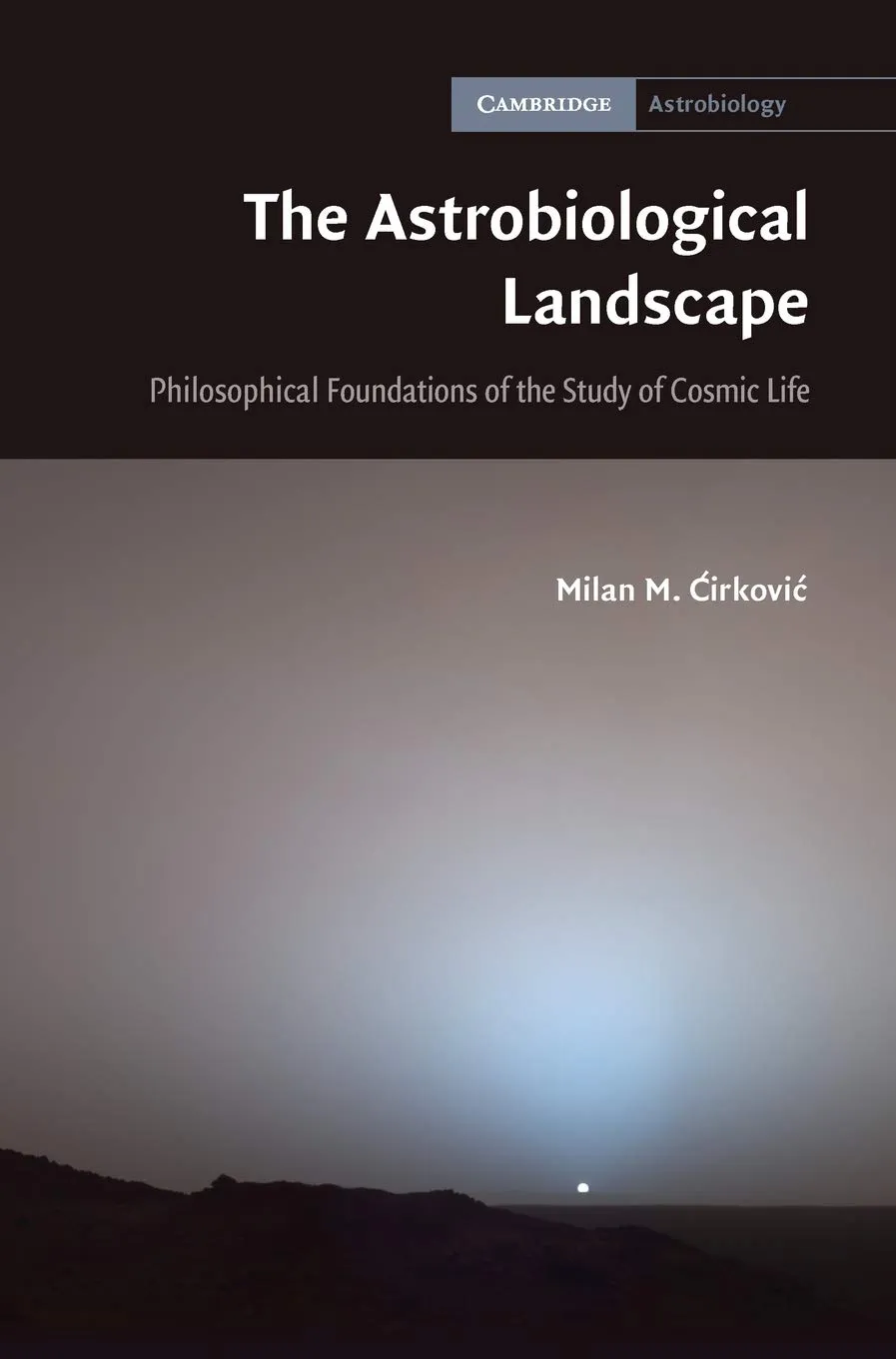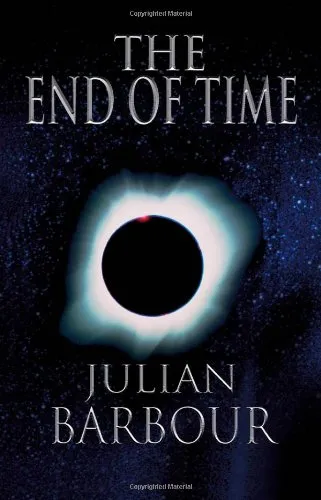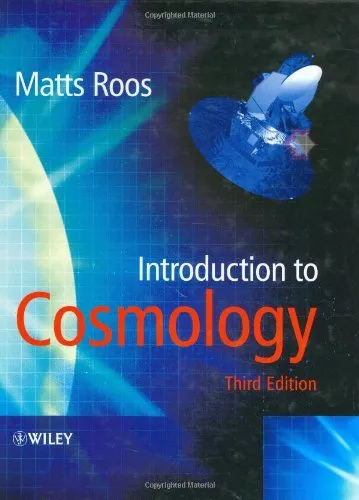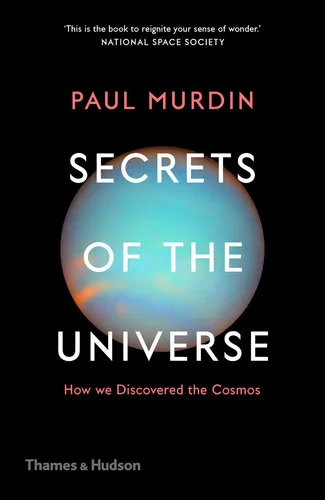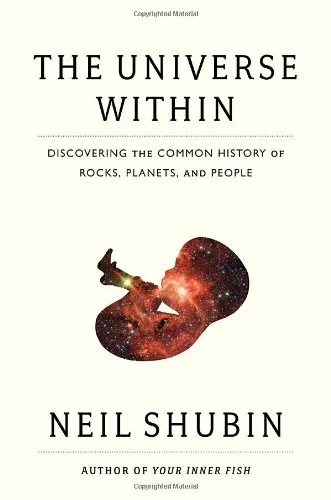The Making of the Atomic Bomb
5.0
بر اساس نظر کاربران

شما میتونید سوالاتتون در باره کتاب رو از هوش مصنوعیش بعد از ورود بپرسید
هر دانلود یا پرسش از هوش مصنوعی 2 امتیاز لازم دارد، برای بدست آوردن امتیاز رایگان، به صفحه ی راهنمای امتیازات سر بزنید و یک سری کار ارزشمند انجام بدینکتاب های مرتبط:
خلاصهای از کتاب "The Making of the Atomic Bomb"
کتاب "The Making of the Atomic Bomb" نوشته ریچارد رودز، یک اثر جامع و برجسته در زمینه تاریخچه علمی و سیاسی ساخت بمب اتمی در طول جنگ جهانی دوم است. این کتاب که برنده جایزه پولیتزر شده است، با دقتی شگفتآور به جزئیترین جنبههای تلاشهای دانشمندان، فیزیکدانان و سیاستمداران برای دستیابی به تکنولوژی Atomic Bomb میپردازد. ریچارد رودز نه تنها مراحل علمی و تکنیکی پیشرفت این پروژه تاریخی را توصیف میکند، بلکه نگاهی انسانی به کسانی که در این فرآیند نقش داشتند ارائه میدهد.
این اثر به نوعی یک تاریخچه جامع از پیشرفت علم فیزیک از اواخر قرن ۱۹ تا میانه قرن ۲۰ است و به کاوش درباره همکاریها، چالشها و تصمیمات سختی که در طی این مسیر اتخاذ شدهاند، میپردازد. کتاب فراتر از یک تحلیل علمی، به جنبههای اخلاقی و فلسفی استفاده از تکنولوژی نابودکننده نیز توجه میکند.
نکات کلیدی کتاب
- بررسی تاریخچه فیزیک نظری مرتبط با Atomic Bomb، از مفاهیم اولیه تا کشف شکافت هستهای.
- توضیح دقیق درباره پروژه منهتن (Manhattan Project) و نقش شخصیتهای برجستهای همچون رابرت اوپنهایمر، انریکو فرمی و نیلز بور.
- تحلیل تصمیمات سیاسی که به استفاده از بمبهای اتمی در هیروشیما و ناکازاکی منجر شد.
- کاوش در پیامدهای انسانی و اخلاقی ساخت و استفاده از این سلاحهای پیشرفته.
- نقد اجتماعی و تاریخی سیاستهای قدرتهای جهانی در بهرهبرداری از تکنولوژی جدید.
جملات مشهور از کتاب
"Because it had begun so late, the Manhattan Project managed to compress into hardly more than three years the most creative surge of scientific innovation in this century."
"It is not necessary to imagine the world ending in fire or ice, there are two other possibilities: one is paperwork, and the other is nostalgia."
چرا این کتاب اهمیت دارد؟
کتاب "The Making of the Atomic Bomb" از چند جهت اهمیت زیادی دارد. اول اینکه این اثر به دقت زمینههای علمی و تاریخی یک انقلاب تکنولوژیک را بررسی میکند که زندگی بشر را به شکلی مقاومتناپذیر تغییر داد. دوم، خواننده را به تفکر درباره مسئولیت اجتماعی دانشمندان و پیامدهای انسانی نوآوریهای علمی دعوت میکند. اهمیت کتاب فقط به تاریخ محدود نمیشود؛ بلکه نوعی مطالعات میانرشتهای میان علم، اخلاق و سیاست ارائه میدهد که همچنان در قرن بیست و یکم مرتبط است.
این کتاب نه تنها به خوانندگان علاقهمند به تاریخ علمی کمک میکند، بلکه یک منبع ضروری برای کسانی است که به موضوعات ژئوپولتیک و اخلاقی مرتبط با تکنولوژیهای مخرب علاقه دارند.
Introduction to "The Making of the Atomic Bomb"
Richard Rhodes' Pulitzer Prize-winning masterpiece, The Making of the Atomic Bomb, is an unparalleled deep dive into one of humanity’s most transformative, complex, and fateful creations: the atomic bomb. Published in 1986, this book offers a compelling narrative that intertwines science, politics, history, and human drama in the quest for nuclear power during World War II. It reveals the key insights into the groundbreaking discoveries, the lives of the scientists who brought the bomb into existence, and its profound impact on the modern world.
The book is not just a recounting of scientific achievements, nor merely a historical overview of the tumultuous 20th-century world wars. Instead, it’s a meticulous exploration of the fusion of scientific ambition and geopolitical necessity that culminated in the creation of a weapon capable of altering the course of history. For enthusiasts of science, history, and the ethical dilemmas of human innovation, The Making of the Atomic Bomb remains a timeless and thought-provoking read.
Detailed Summary of the Book
The book begins with the discovery of nuclear physics in the early 20th century. Through vivid storytelling, Richard Rhodes captures the immense curiosity and intellectual breakthroughs of scientists like Albert Einstein, Niels Bohr, and Ernest Rutherford. Their work laid the foundation for understanding the atom’s immense energy potential.
Rhodes deftly explains how scientific discovery collided with political urgency as Nazi Germany's aggression loomed. With the outbreak of World War II, the panic over Hitler gaining nuclear supremacy led to the establishment of the Manhattan Project by the United States. Under the direction of figures like J. Robert Oppenheimer and General Leslie Groves, the project became the symbol of unprecedented scientific collaboration, secrecy, and ambition.
The book delves into the day-to-day efforts of the scientists and the technical challenges they encountered—from theoretical calculations to the hazardous process of enriching uranium and plutonium. It culminates in the tense final days when the first prototype bomb, “The Gadget,” was successfully tested at the Trinity site in New Mexico, and subsequently, the deployment of the bombs at Hiroshima and Nagasaki, changing the course of history forever. The narrative ends by dissecting the consequences of the atomic bomb’s invention, both for geopolitics and for humanity's ethical considerations about scientific progress.
Key Takeaways
- The development of the atomic bomb was not just a scientific endeavor but a product of geopolitical circumstances that forced rapid innovation.
- Ethical dilemmas regarding the usage of nuclear weapons have been a central theme since their creation, raising questions about human responsibility in shaping technology.
- The collaboration of brilliant minds such as Oppenheimer, Fermi, and Szilard underscores the collective effort required for monumental scientific breakthroughs.
- The atomic bomb fundamentally altered international relations, ushering in the nuclear age and escalating the arms race during the Cold War.
Famous Quotes from the Book
"The physicists have known sin; and this is a knowledge which they cannot lose."
"It is not merely that the world has changed and so we must adapt ourselves to it. It is also true that the bomb has changed the world."
Why This Book Matters
Richard Rhodes’ extensive research and storytelling elevate The Making of the Atomic Bomb beyond a historical or scientific account into a profound exploration of human ingenuity and responsibility. It is a vital resource for understanding the moral and political implications of technological advancements that fundamentally change society.
The book resonates today as humanity continues to grapple with questions of ethics in science, from artificial intelligence to biotechnology. It serves as a reminder of our capacity for both tremendous creativity and destructive power, urging readers to consider the broader consequences of progress.
دانلود رایگان مستقیم
شما میتونید سوالاتتون در باره کتاب رو از هوش مصنوعیش بعد از ورود بپرسید
دسترسی به کتابها از طریق پلتفرمهای قانونی و کتابخانههای عمومی نه تنها از حقوق نویسندگان و ناشران حمایت میکند، بلکه به پایداری فرهنگ کتابخوانی نیز کمک میرساند. پیش از دانلود، لحظهای به بررسی این گزینهها فکر کنید.
این کتاب رو در پلتفرم های دیگه ببینید
WorldCat به شما کمک میکنه تا کتاب ها رو در کتابخانه های سراسر دنیا پیدا کنید
امتیازها، نظرات تخصصی و صحبت ها درباره کتاب را در Goodreads ببینید
کتابهای کمیاب یا دست دوم را در AbeBooks پیدا کنید و بخرید
1512
بازدید5.0
امتیاز0
نظر98%
رضایتنظرات:
5.0
بر اساس 0 نظر کاربران
Questions & Answers
Ask questions about this book or help others by answering
No questions yet. Be the first to ask!
